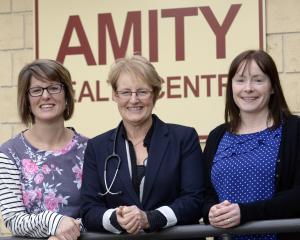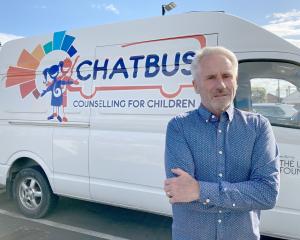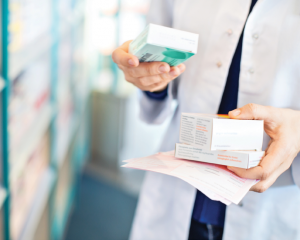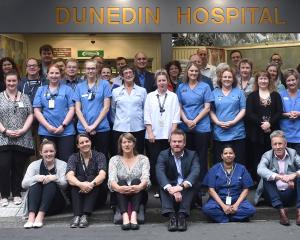About 60 people attended the presentation by Associate Professor Dee Mangin, the director of the primary care research group, at the University of Otago's department of general practice in Christchurch.
It was one in series of presentations and workshops that made up the two-day interdisciplinary conference symposium titled "Mental Health: Are We on the Right Track?" held at the University of Otago.
The symposium was the first of an annual series organised by the department of general practice, each intended to tackle a current controversy.
Prof Mangin said negative side-effects of drugs were concealed by drug companies, who, armed with knowledge that doctors were likely to acquiesce to the demands of patients in distress, were now marketing illnesses because they needed more people to "have" the condition, so they could sell more drugs.
"To sell the pill, you have to sell the ill, or so they say."
She encouraged GPs to remain aware of the divergence between the marketing and the science of a drug, no matter how media marketing blurred facts.
In the area of psychiatric drugs, for example, to expand the market for the drugs, pharmaceutical companies had to expand the population labelled as mentally ill beyond those who were truly suffering from the effects of psychiatric disorders, and into the range of normal human emotion and responses, she said.
Companies had successfully "marketed madness" both to consumers and doctors, by redefining normal human emotions and responses as diseases requiring chemical fixes.
Sadness became melancholia, shyness became a social anxiety disorder, nervousness a generalised anxiety disorder.
"As a society, we are so anxious to label human responses with psychiatric labels that in the first two days after the [Canterbury] earthquake there was an enormous attempt to label people trying to deal with it, in quite a normal way, as having post traumatic stress disorder and needing treatment."
Even specialists were more than likely also being influenced, however unwittingly, by complex and sophisticated marketing by pharmaceutical companies.
The danger was marketing methods, especially direct-to-consumer advertising, drove choice rather than informed it.
Certainly, drug marketing often concealed risks.
For example, Multiple studies of the use of antidepressants in the early stages of pregnancy had shown the drugs could cause harm, particularly congenital heart defects.
But drug companies ignored, denied or obscured those concerns until they had to address them, at which stage they started using, as evidence the drugs were safe, one of just a few studies that showed no harm associated with the use of those drugs.
She pointed to a recent New Zealand television advertisement for treatment for a condition titled "overactive bladder", and noted that the company mentioned the drug they were advertising could assist people who were going to the toilet eight or more times a day, but failed to mention it would only actually reduce those visits by one a day.
For its success with similar advertisements elsewhere, the company won an award for converting a niche product into a mass marketing opportunity by (as posted on the internet) establishing a serious medical condition, establishing a therapy of choice, educating GPs about it and then driving potential patients to the GPs' offices using direct-to-consumer marketing and having published in various magazines and journals stories on symptom recognition of the condition.
"They take what we think is science and turn it into spin. It is very easy to manipulate the results of a clinical trial."
GPs had to take control of their education, discuss among themselves adverse effects or limitations of certain drugs and not rely on marketing, specialists or patients for information.
She recognised it was difficult when marketing led people to go to their doctors and demand certain drugs and doctors were criticised when they then did not do what the patient wanted, but the problem did raise genuine ethical issues around the ideas of autonomous decision-making and informed choice for patients in the medical system, she said.











